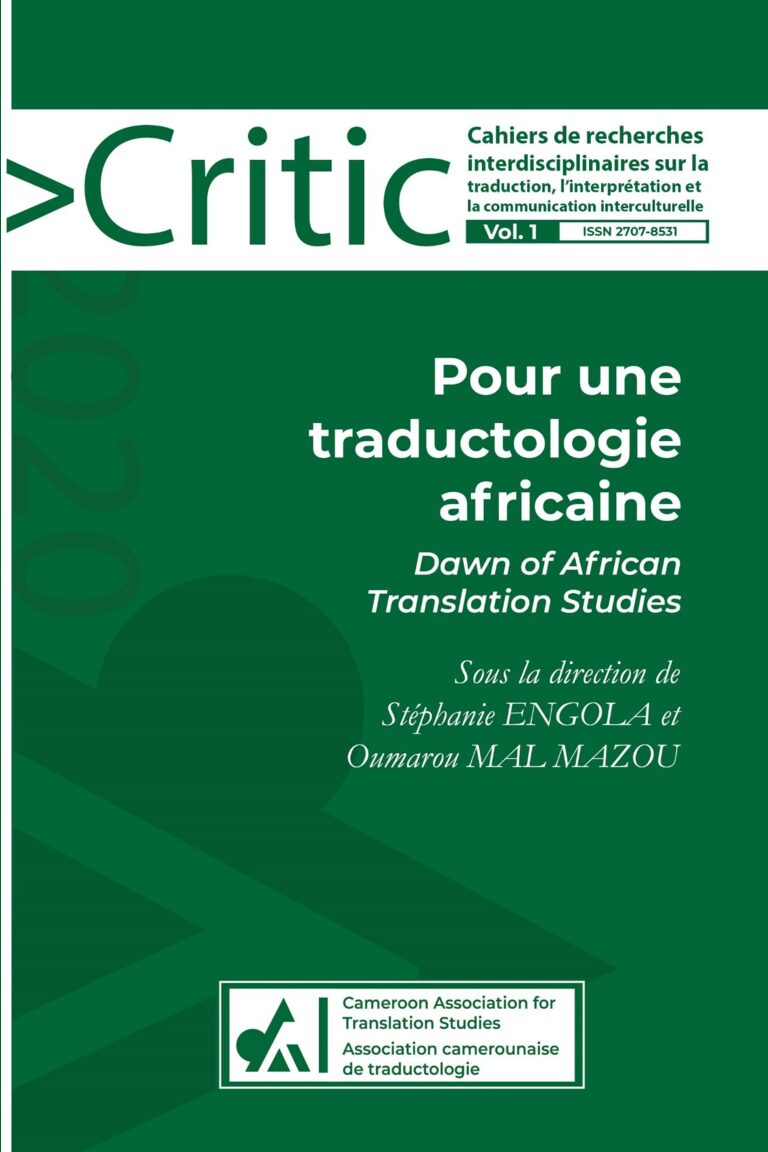Youngster
€20
per year
- Members Area
- Early-bird rates on events
- Speed memtoring*
- Opportunities Corner
- Knowledge base access
- Free publications
BEST VALUE
Scholar
€60
per year
- All YOUNGSTER features
- Opportunities Corner
- Knowledge base access
- Free publications
- Bulk journal purchases
Organisation
€200
per year
- All SCHOLAR benefits
- Bulk journal purchases
- Discount on advertising packs
- 2 free participants in events
- Sponsor-only benefits*

